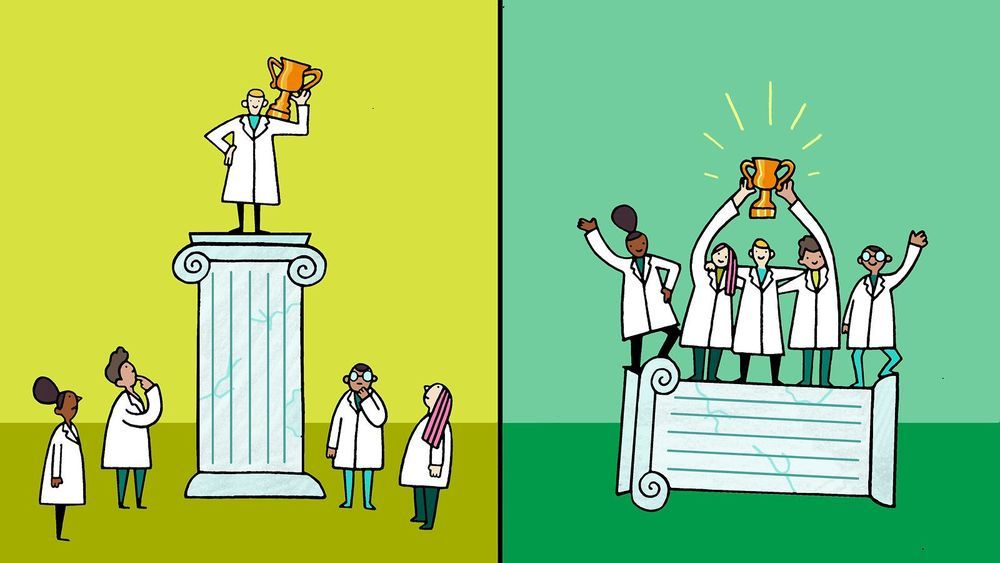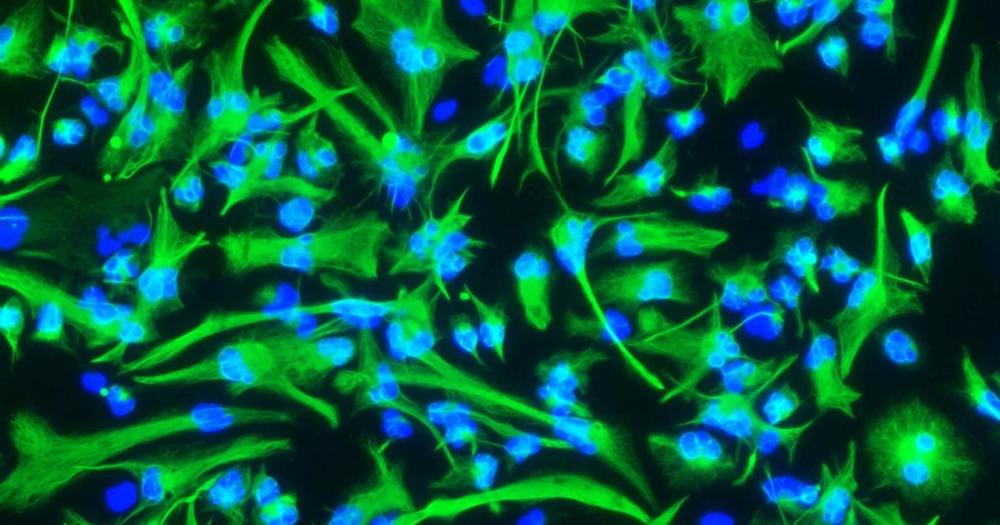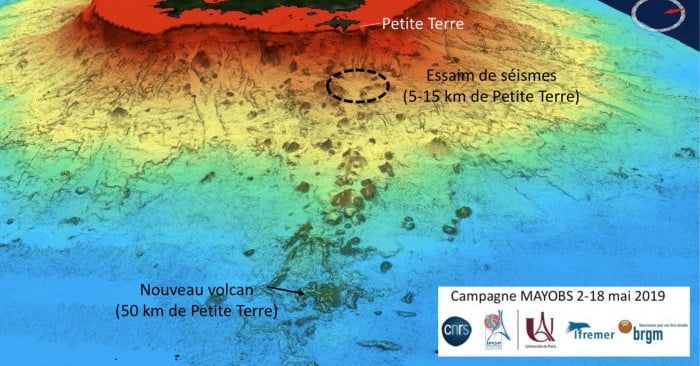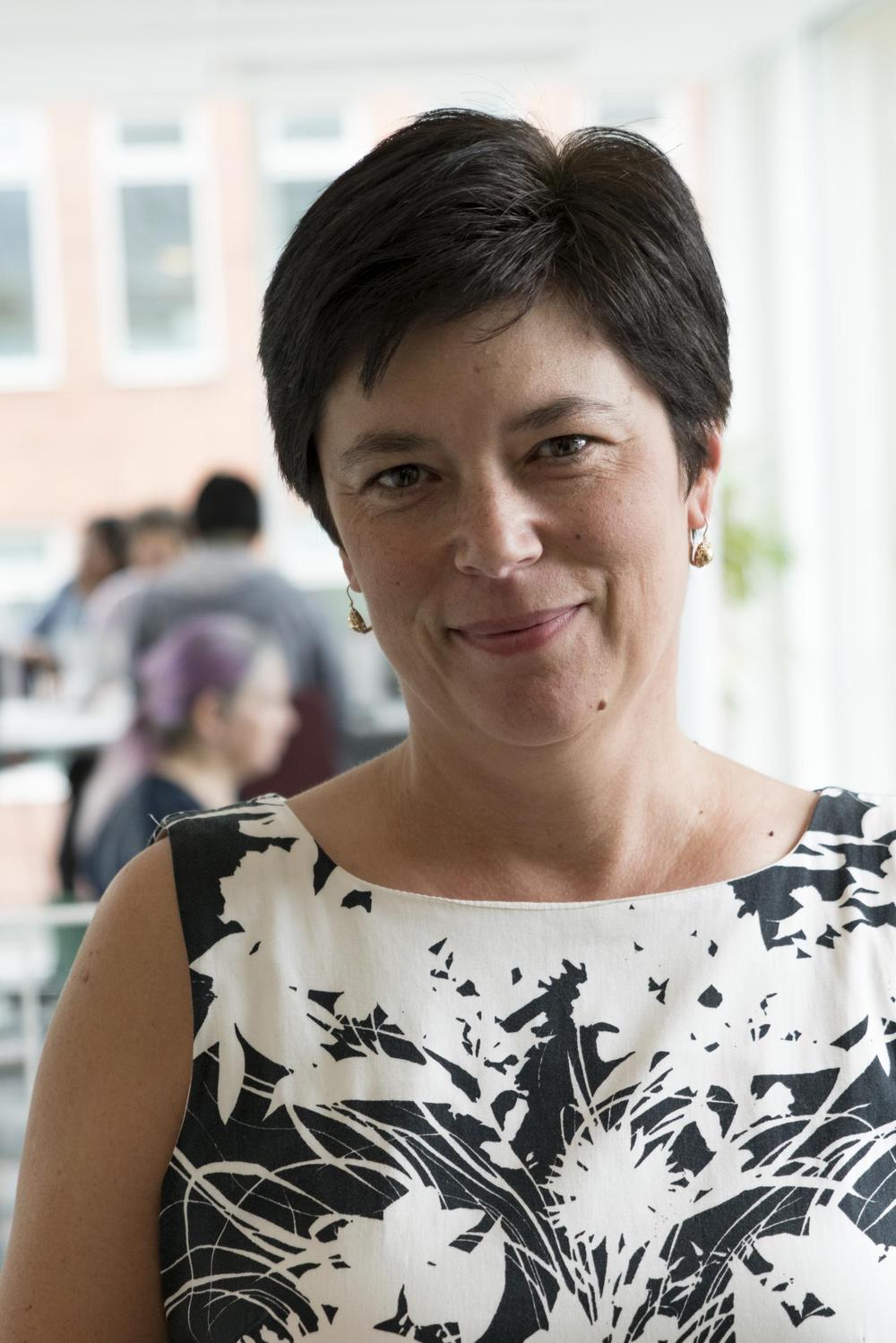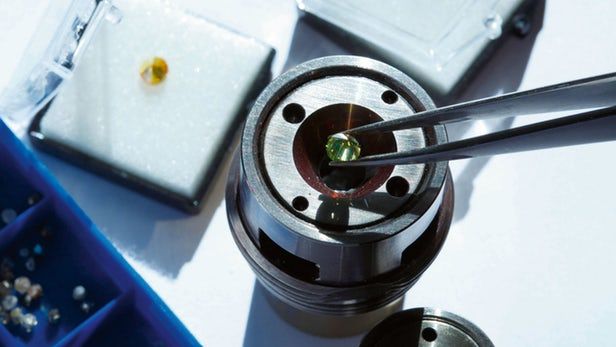Geologists first noticed something unusual in the Indian Ocean in November last year, when they detected a massive seismic event originating from a spot near to the French island of Mayotte. Now further research has revealed that the source of the seismic activity is an enormous underwater volcano.
The people living on Mayotte, located between Madagascar and Mozambique off the coast of Africa, had been worried by seismic tremors for months. They were experiencing small earthquakes daily, Laure Fallou, a sociologist with the European-Mediterranean Seismological Centre in Bruyères-le-Ch tel, France, told Science. People “needed information,” she said. “They were getting very stressed, and were losing sleep.”
Maps of the seafloor showed a dramatic and recent change: a structure 800 meters high and 5 kilometers (3 miles) across had appeared on the ocean floor where there had been nothing before. A research team from the French National Center for Scientific Research (CNRS) were dispatched to investigate and placed six seismometers near the area of activity on the ocean floor, 3.5 kilometers (2 miles) beneath the surface.
Read more

